Today, Another World (published as "Out of this World" in North America) has finally been released for Linux. This has been an exciting journey for myself in that I got to play a very small role in helping the port eventuate (I won't linger on that. Anybody interested in more details can find details in the footnotes of my longer article).
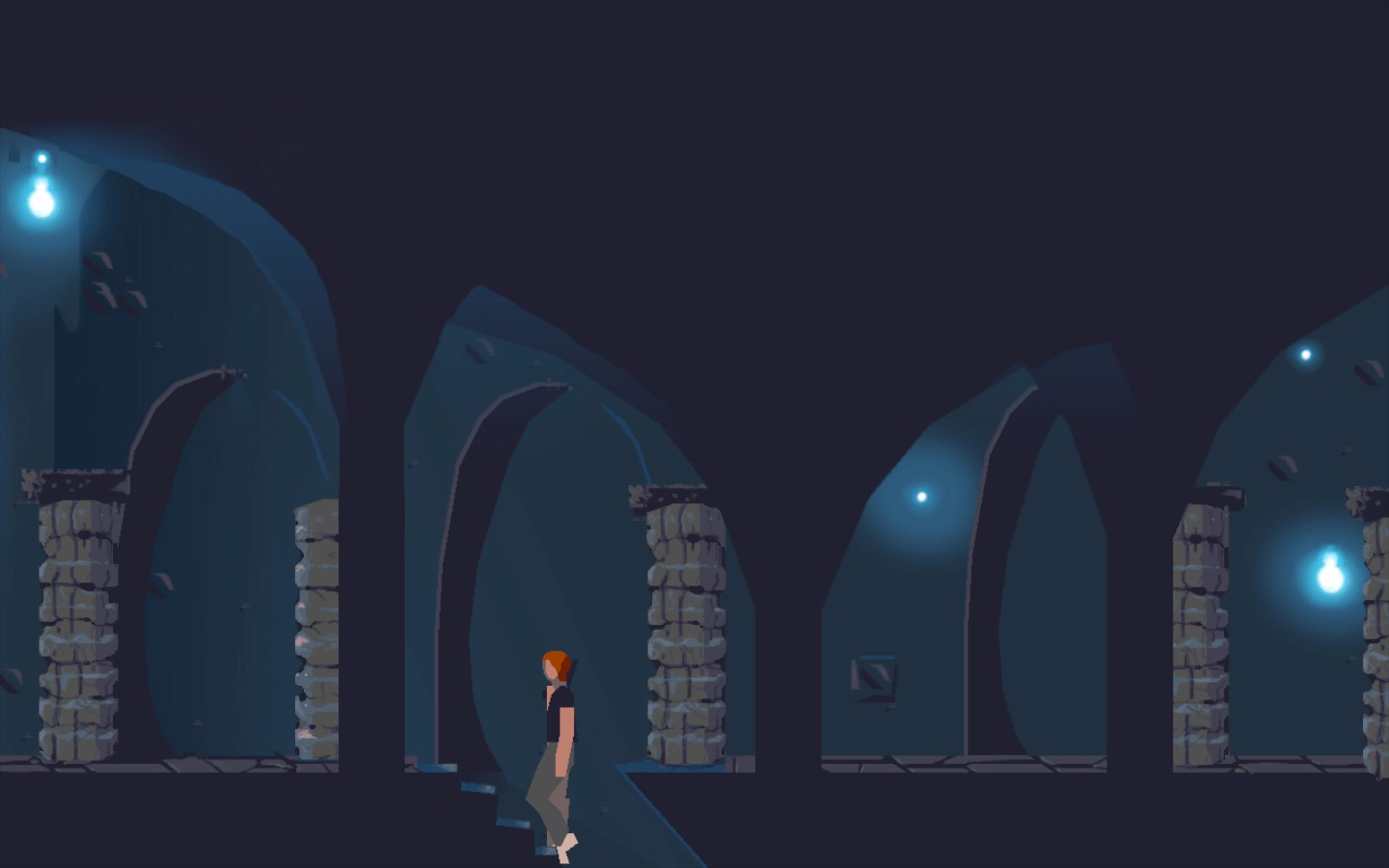
Another World is an atmospheric sci-fi survival platformer which helped define the "cinematic platformer" subgenre. When it was originally released in 1991, its distinctive vector styles, rotoscoped animations, and approach to storytelling were cutting edge.
Now, 23 years later, Linux users have the opportunity to enjoy the 20th Anniversary Edition natively on Linux for the first time thanks to Linux porter Ryan C. Gordon (three cheers!). This enhanced version of the game features repainted high resolution backgrounds, new difficulty modes, remastered sound and music, as well as the option to play the game with upscaled 320x200 visuals and original audio.
Also included are a copy of the remastered soundtrack, PDFs of design and technical notes, a piece of artwork, an 18 minute "Making of" documentary, and Amiga disk images containing the original release with copy protection functionality disabled (which you can run in UAE - that'll be in your distro's repos).
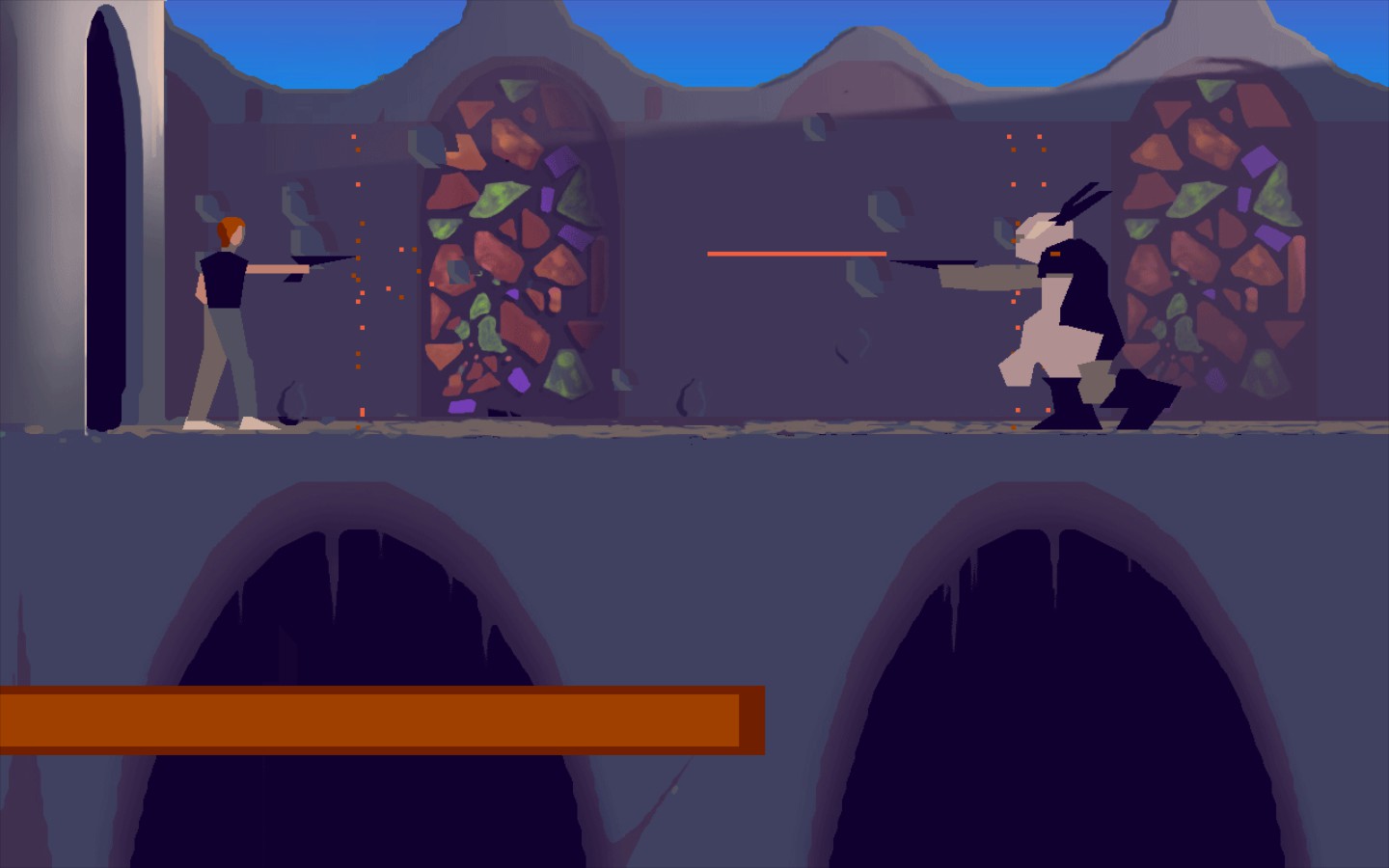
For anybody new to the game, understand that it does not adhere to some modern game design sensibilities. It's punishing, and you will die a lot.
In modern context, this death oriented learning would be considered a negative aspect. At the time of release, the popularity of titles like Dragon's Lair (expect a Linux port of this at some point as well) and Sierra's line of adventure games, which heavily featured player death, made this much more accessible. Deaths with cutscenes in Another World are short and in line with the survival horror aesthetic, showing a glimpse of tightly framed jaws or claws in a way that implies the violent outcome without directly depicting it. Several types of deaths don't feature cutscenes and tend to be more graphic and bloody, though the zoomed out perspective gives them lesser impact.
Unlike Dragon's Lair however, each death in Another World (with the exception of combat encounters and platforming obstacles) provides a learning opportunity, and as such, technically isn't an end-state. This perspective feels to be an important aspect of finding Another World enjoyable and rewarding.
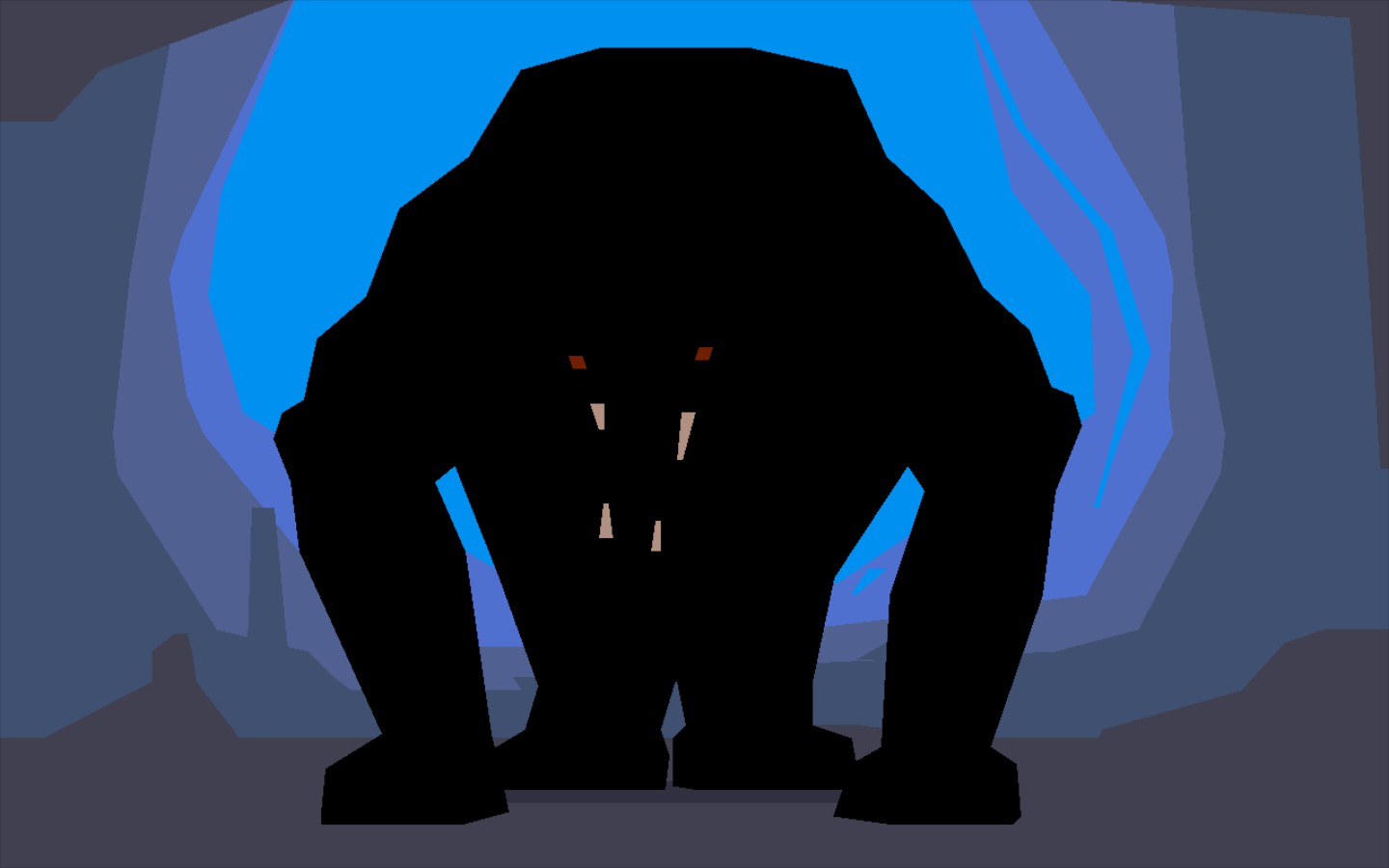
To me, this is a very special title. It was the first game that made me realise that a mature (from a technical perspective, not an age-appropriate one) and compelling story could be told through a game - all without one single word of spoken (human) dialogue. It was the first game that made me believe that games could be art. I remember being touched and moved in ways that no other game before (and very few games since) had done, and I remember being amazed and inspired.
I hope that those of you who choose to try it for the first time enjoy it, and those of you who are looking forward to revisiting the game will appreciate finally being able to run it natively. I'm looking forward to hearing your thoughts!
Below are some thoughts from Ryan Gordon which he originally shared with me for my more in-depth article.
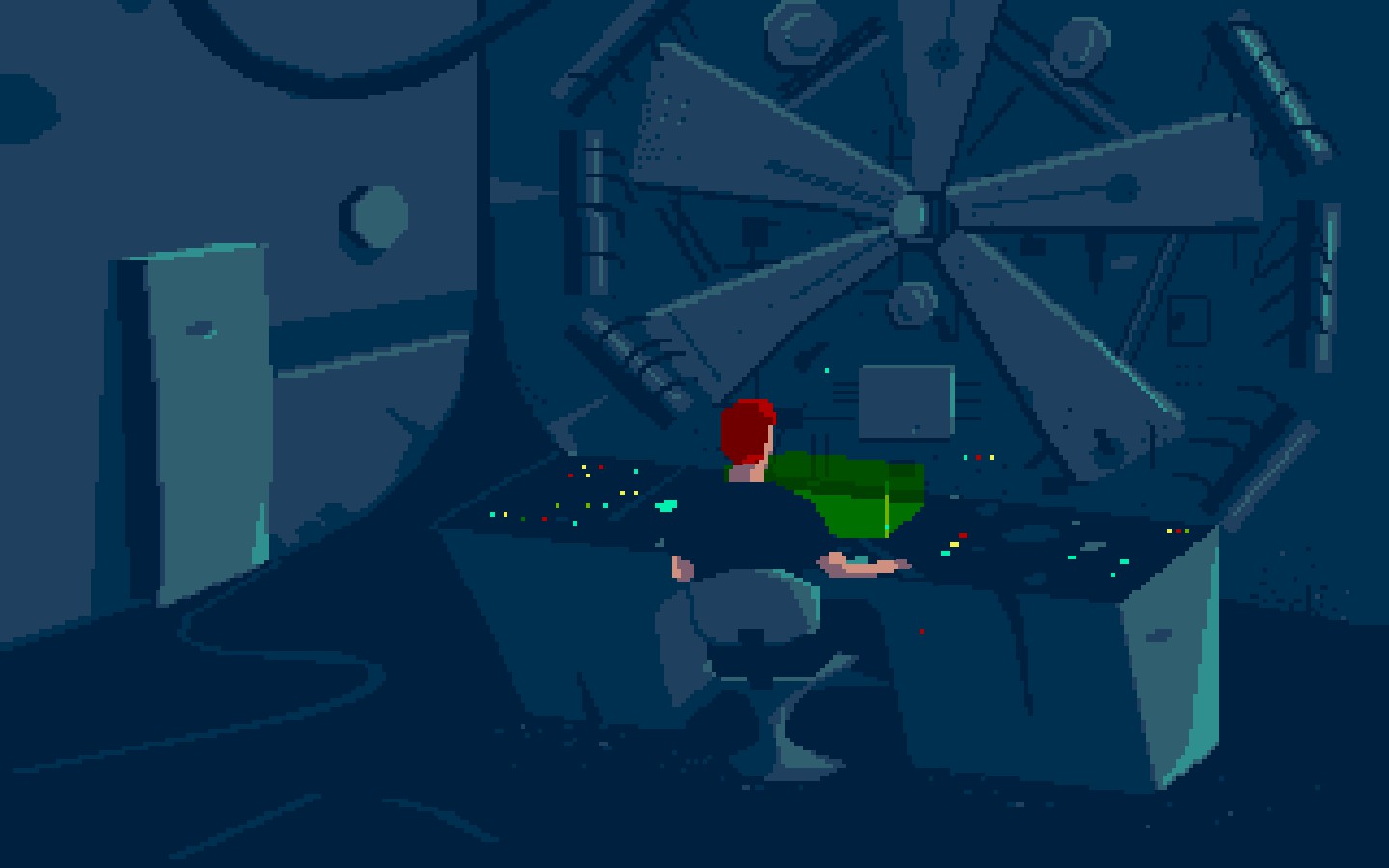
Another World is currently available for Linux on Steam, and I imagine we'll see it appear on other Linux supporting platforms such as GOG soon.

Another World is an atmospheric sci-fi survival platformer which helped define the "cinematic platformer" subgenre. When it was originally released in 1991, its distinctive vector styles, rotoscoped animations, and approach to storytelling were cutting edge.
Now, 23 years later, Linux users have the opportunity to enjoy the 20th Anniversary Edition natively on Linux for the first time thanks to Linux porter Ryan C. Gordon (three cheers!). This enhanced version of the game features repainted high resolution backgrounds, new difficulty modes, remastered sound and music, as well as the option to play the game with upscaled 320x200 visuals and original audio.
Also included are a copy of the remastered soundtrack, PDFs of design and technical notes, a piece of artwork, an 18 minute "Making of" documentary, and Amiga disk images containing the original release with copy protection functionality disabled (which you can run in UAE - that'll be in your distro's repos).

For anybody new to the game, understand that it does not adhere to some modern game design sensibilities. It's punishing, and you will die a lot.
In modern context, this death oriented learning would be considered a negative aspect. At the time of release, the popularity of titles like Dragon's Lair (expect a Linux port of this at some point as well) and Sierra's line of adventure games, which heavily featured player death, made this much more accessible. Deaths with cutscenes in Another World are short and in line with the survival horror aesthetic, showing a glimpse of tightly framed jaws or claws in a way that implies the violent outcome without directly depicting it. Several types of deaths don't feature cutscenes and tend to be more graphic and bloody, though the zoomed out perspective gives them lesser impact.
Unlike Dragon's Lair however, each death in Another World (with the exception of combat encounters and platforming obstacles) provides a learning opportunity, and as such, technically isn't an end-state. This perspective feels to be an important aspect of finding Another World enjoyable and rewarding.

To me, this is a very special title. It was the first game that made me realise that a mature (from a technical perspective, not an age-appropriate one) and compelling story could be told through a game - all without one single word of spoken (human) dialogue. It was the first game that made me believe that games could be art. I remember being touched and moved in ways that no other game before (and very few games since) had done, and I remember being amazed and inspired.
I hope that those of you who choose to try it for the first time enjoy it, and those of you who are looking forward to revisiting the game will appreciate finally being able to run it natively. I'm looking forward to hearing your thoughts!
Below are some thoughts from Ryan Gordon which he originally shared with me for my more in-depth article.
QuoteThis was a pretty easy Linux port: it already had a Mac port that used OpenGL, and a large piece of the framework was open source already (Cocos2d-x). There _is_ some Linux support in Cocos2d-x, but I threw most of it out. Whatever version of Cocos2d-x we were on looked like the Linux support was experimental, incomplete, or maybe just unmaintained. My new Linux code here cannibalized the Mac and Windows versions and glued it all together with SDL2.
SDL2 filled in other niceties, too, like FULLSCREEN_DESKTOP support and game controllers, so you can get a pretty console-like experience out of the game (I hope!).
Most other platforms used FMOD for audio, but since the game only use it for simple playback of audio, I reimplemented just the pieces of FMOD it used with OpenAL. As far as the game knows, it's still talking to FMOD, so I didn't have to destabilize any other platforms with the change, and we could avoid paying a licensing fee and move to a standard, open source library here, with all the benefits that brings.
Another World is basically an implementation of a virtual machine; if you fill in the details of this imaginary computer, the rest of the game just works, since the game itself is a program for this imaginary machine. This saved space, apparently, and it made things portable: you write an Amiga Imaginary Computer and you get Amiga Another World, you write an MS-DOS Imaginary Computer and you get MS-DOS Another World, etc.
There's another benefit that no one was thinking about 20 years ago: if you have an imaginary machine that deals with rendering polygons, you don't have to map them to pixels in video RAM. Your imaginary machine can have a GPU do it at high resolution...and we do! With no changes to the original game. It's sort of wild.
For the Linux port of Another World, I didn't have to touch the virtual machine code at all. What was probably written in machine-specific assembly in the past, the newer versions of Another World have it in nice, portable C++. I didn't even have to look at the source code to that part; the effort was all in getting bits to the screen and speakers, and reading input devices.

Another World is currently available for Linux on Steam, and I imagine we'll see it appear on other Linux supporting platforms such as GOG soon.
Some you may have missed, popular articles from the last month:
All posts need to follow our rules. For users logged in: please hit the Report Flag icon on any post that breaks the rules or contains illegal / harmful content. Guest readers can email us for any issues.
Interesting read, thanks to everyone involved in this.
Is nice to see these gems from the past landing on Linux.
Is nice to see these gems from the past landing on Linux.
1 Likes
This is one of my first PC Games. I played it (badly) in my Slooooooooooow 8086 in 1993
0 Likes
Honestly, Icculus is a contemporary hero :D
2 Likes
I love this game so much ;_;
0 Likes
Insta-purchased.
0 Likes
Also, that was a great read Cheeseness (on your blog and on here).
0 Likes
Cheers!
0 Likes
Thankyou Cheeseness and Icculus, This is one of my favourite games ever made.
I had already bought it the moment it arrived on steam months ago. Figured I would 'wine' it
one day if a linux version didn't come. But now I don't have too.
I will buy a copy for linux for my partner and both our daughters.
Cheeseness, I am sooo jealous of your presskit!
I had already bought it the moment it arrived on steam months ago. Figured I would 'wine' it
one day if a linux version didn't come. But now I don't have too.
I will buy a copy for linux for my partner and both our daughters.
Cheeseness, I am sooo jealous of your presskit!
1 Likes
I knew icculus was trying to get in touch with Éric Chahi a while ago for a Linux port, that's great it happened!
Now I'm hoping it will come on GOG soon, as I bought it there a few years ago (already played the original version on Amiga in 1991, was glad to see the release of the anniversary edition).
I'm wondering if it would be added to the current Humble Indie Bundle today; the timing looks adequate...
Now I'm hoping it will come on GOG soon, as I bought it there a few years ago (already played the original version on Amiga in 1991, was glad to see the release of the anniversary edition).
I'm wondering if it would be added to the current Humble Indie Bundle today; the timing looks adequate...
0 Likes
Great work on all fronts. I never played this but I loved Flashback, another title by the same French developer with similar rotoscoped animation.
I'm guessing Ryan used OpenAL because...he's probably used to it, and I'm pretty sure it's more fully fledged than SDL_mixer. OpenAL soft, maintained by Chris Robinson, is an awesome piece of open source software - http://kcat.strangesoft.net/openal.html
I'm guessing Ryan used OpenAL because...he's probably used to it, and I'm pretty sure it's more fully fledged than SDL_mixer. OpenAL soft, maintained by Chris Robinson, is an awesome piece of open source software - http://kcat.strangesoft.net/openal.html
0 Likes
WOOHOOOOOOO
(Han Solo screaming with joy)
(Han Solo screaming with joy)
0 Likes
WOOHOOOOOOO
(Han Solo screaming with joy)

0 Likes
I hope this linux release will not stop https://github.com/cyxx/rawgl
0 Likes
Great work on all fronts. I never played this but I loved Flashback, another title by the same French developer with similar rotoscoped animation.Well, not the same developer, as Another World was made by Éric Chahi while Flashback was made by Paul Cuisset. They were working for the same publisher, though (Delphine Software). I'm not sure Flashback was made with the same engine or if it was "strongly inspired" by it but I seem to remember that there was a bit of tension between the two developers at the time, like using the engine without authorization or copying it.
1 Likes
Egad! Something I played on my Amiga!
Seriously, I only remember this game's punishing difficulty. But I also remember the good times I had with my Amiga; it was a fun OS to play with. Of course, since Ubuntu 8.04, I have an OS that's fun to play with. And the graphics are a bit better 25 years later.
Seriously, I only remember this game's punishing difficulty. But I also remember the good times I had with my Amiga; it was a fun OS to play with. Of course, since Ubuntu 8.04, I have an OS that's fun to play with. And the graphics are a bit better 25 years later.
1 Likes
Great work on all fronts. I never played this but I loved Flashback, another title by the same French developer with similar rotoscoped animation.Well, not the same developer, as Another World was made by Éric Chahi while Flashback was made by Paul Cuisset. They were working for the same publisher, though (Delphine Software). I'm not sure Flashback was made with the same engine or if it was "strongly inspired" by it but I seem to remember that there was a bit of tension between the two developers at the time, like using the engine without authorization or copying it.
Ah that's super interesting. Yeah I was fooled by the fact they were both published by Delphine.
0 Likes
THis is great news. Always happy to hear about old games being ported and sustained. Video games are art, and we usually treat them like fast food containers.
1 Likes
Cheeseness, I am sooo jealous of your presskit!
You and me both. I look at it and I'm still in disbelief ^_^
So, I'm also working on another Another World related piece and I'm hunting for opinions from people who are passionate about the game. If anybody's interested in contributing, please shoot me a message.
If anybody knows someone who is excited about the game, get them to hit me up here, on Twitter or via cheese [at] twolofbees [dot] com
0 Likes
Also, if people haven't spotted the readme yet, Ryan has set up a mailing list for discussion about the game (not reporting bugs!).
0 Likes
I too played a lot of Flashback, but never played Another World (Out of This World here). I played Flashback on the Genesis when that port came out and was curious about Out of This World, but never actually got it for my computer. I might have to pick this up at some point.
0 Likes
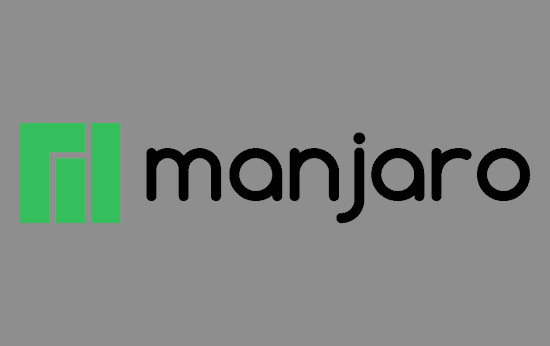
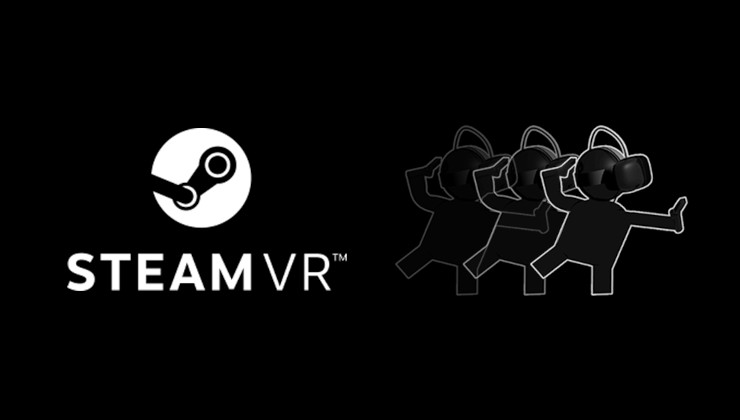

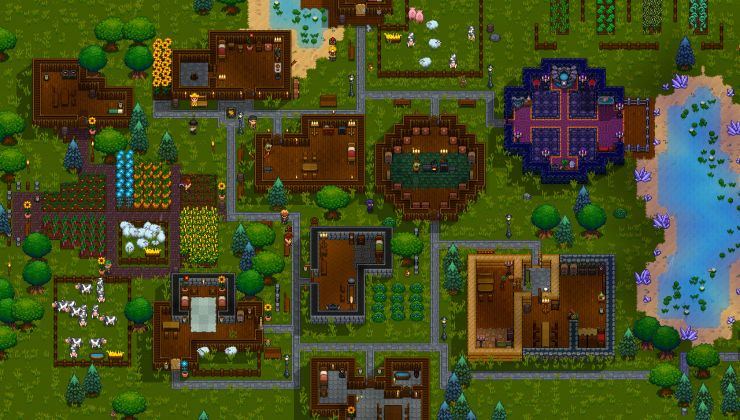







 How to set, change and reset your SteamOS / Steam Deck desktop sudo password
How to set, change and reset your SteamOS / Steam Deck desktop sudo password How to set up Decky Loader on Steam Deck / SteamOS for easy plugins
How to set up Decky Loader on Steam Deck / SteamOS for easy plugins
Currently working on Winter's Wake, a first person text adventure thing and its engine Icicle. Also making a little bee themed base builder called Hive Time :)
I do more stuff than could ever fit into a bio.
See more from me